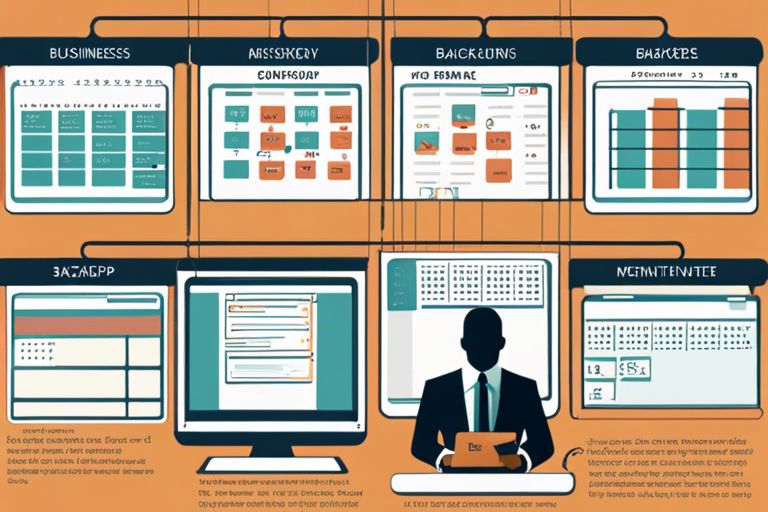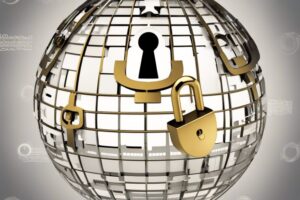Just like individuals need to regularly back up their important data to prevent loss, businesses also need to establish backup frequencies to ensure the safety and accessibility of their critical information. The frequency at which backups are performed can vary depending on the size of the business, the volume of data generated, the nature of the data, and the budget allocated for backup solutions. Choosing the right backup frequency is crucial for businesses to mitigate risks and minimize potential data loss in case of emergencies.
One of the key factors that businesses consider when determining backup frequencies is the type of data they are dealing with. For example, businesses that handle sensitive financial information or customer data may opt for more frequent backups to reduce the risk of any data breaches or loss. Similarly, businesses in industries where data is constantly changing or updating, such as e-commerce or healthcare, may also choose to back up their data more frequently to capture the latest information.
Additionally, the size of the business plays a significant role in determining backup frequencies. Larger businesses with massive amounts of data may need to back up their data more frequently to ensure that all crucial information is safeguarded. On the other hand, smaller businesses with less data may find that less frequent backups are sufficient to protect their assets.
Another important consideration for businesses when choosing backup frequencies is the cost associated with backup solutions. Businesses need to weigh the cost of implementing more frequent backups against the potential losses they could face in case of a data disaster. Finding a balance between cost-effectiveness and data security is necessary for businesses to make the right decision regarding backup frequencies.
Furthermore, businesses need to assess the level of risk they are willing to tolerate when establishing backup frequencies. Some businesses may opt for real-time or continuous backups to minimize the risk of data loss to almost zero, while others may be comfortable with daily or weekly backups depending on the criticality of their data.
To put it briefly, businesses choose reliable backup frequencies by considering factors such as the type of data, the size of the business, cost implications, and risk tolerance. By carefully evaluating these factors and understanding their unique data needs, businesses can establish backup frequencies that effectively protect their valuable information and ensure business continuity in the face of unforeseen events.



